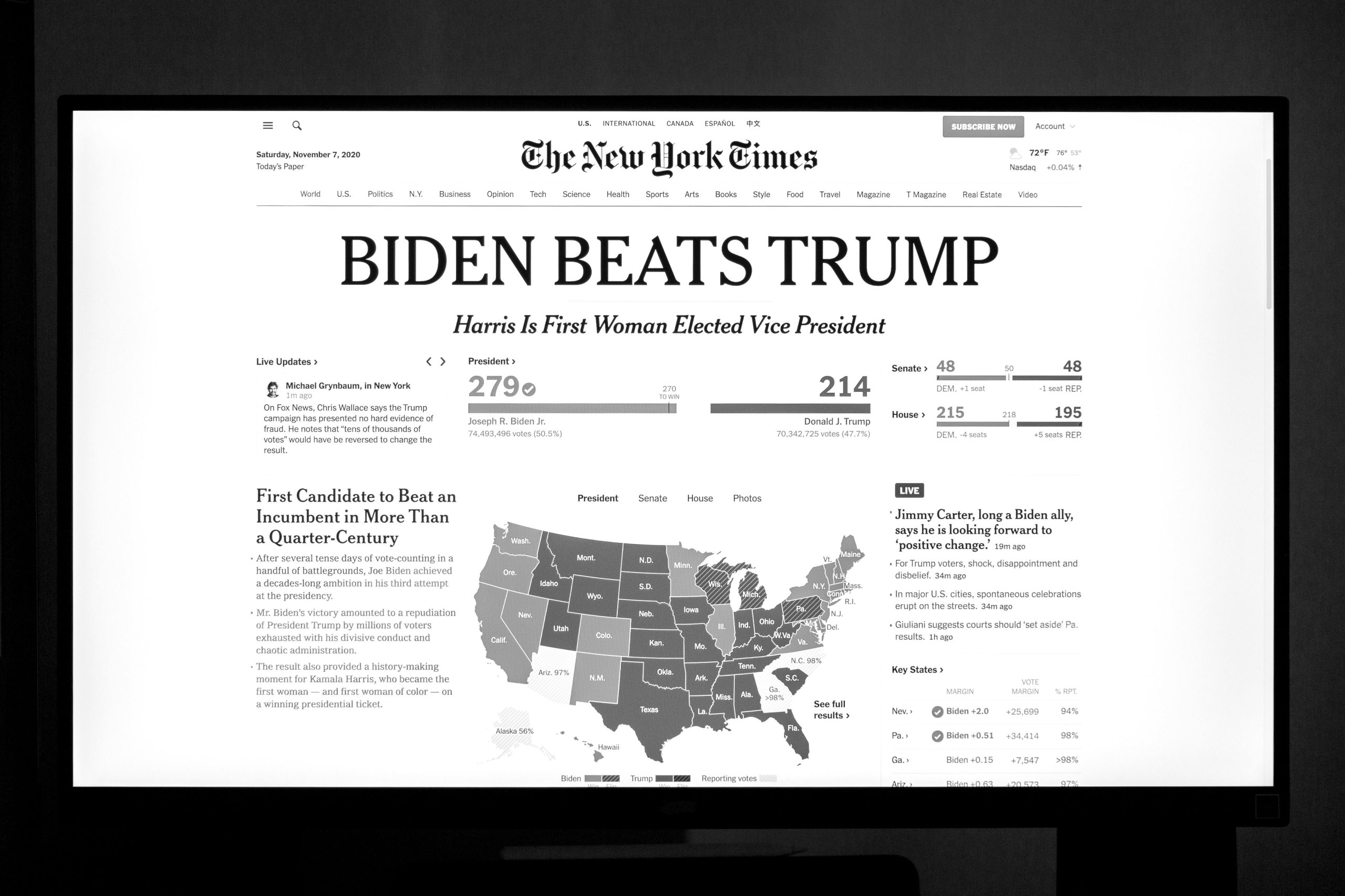The Modern Paradox: Economic Gain vs. Social Stability
In contemporary discourse, a troubling narrative has emerged regarding the intersection of immigration, economic interests, and social stability in the United States. Many argue that a persistent drive for profit among the wealthy elite has led to an influx of labor that mirrors the exploitative practices of the past. This raises significant questions about the implications for our society today.
Historically, the 19th-century expansionist mentality saw many individuals venturing into perilous, uncharted territories, often facing severe consequences, including violent encounters. This wasn’t merely a quest for adventure; rather, the grim reality was that economic survival at home placed them in direct competition with enslaved individuals, forcing them to seek opportunities where they could. The situation serves as a stark reminder: when wages are undervalued, as they often are in a system reliant on cheap labor, the allure of new opportunities can drive desperate decisions.
Today, many view recent waves of immigration through a similar lens—an influx that some believe undermines the working class while benefiting the top echelons of society. Recent studies suggest that public sentiment about governance has shifted, with increasing disregard for core principles like federalism and individual freedoms. This transition has resulted in a political landscape where power dynamics between the states and federal governance are heavily contested, sparking fiercer divisions between political parties than ever before.
This shift extends beyond mere governance; it encompasses economic realities. The financial strain on public systems—education, law enforcement, and social welfare—has been magnified as these new demographics assimilate into a landscape already fraught with challenges. The substantial competition for resources influences not just economic stability but also social cohesion, leading to rising tensions that some fear could culminate in civil conflict.
As the wealth gap widens and the prospect of civil unrest looms, concerns arise that the motivations of the affluent elite prioritize profits over communal welfare. The perilous historical precedent suggests that economic interests can often obscure the broader implications of labor practices that disregard the humanity of workers.
In contemplating the future, it is crucial to grapple with these pressing issues. If unchecked, these patterns could endanger both social harmony and equitable opportunity. The stakes are high, as failure to address these complexities may lead to dire outcomes, bringing us face-to-face with a past we have yet to truly reckon with.
As we navigate this precarious landscape, it is essential to foster dialogue that seeks balance—acknowledging the historical context while actively working




This post raises compelling points about the historical and modern dynamics of labor and immigration in the context of economic inequality. It’s important to recognize that while the economic motivations of the wealthy can indeed drive exploitative practices, the situation is multifaceted.
Many immigrants arrive in the U.S. seeking better opportunities, often fleeing dire circumstances in their home countries. This pursuit of a better life, while being exploited by employers, is a testament to human resilience. However, it highlights a systemic issue where socio-economic structures fail to protect both immigrant and native workers.
To mitigate the strain on social systems and address the widening wealth gap, comprehensive reform is necessary—not only in immigration policy but also in labor rights. Implementing fair wage laws and improving working conditions for all workers can help ensure that the pursuit of profit does not come at the expense of social stability. Moreover, fostering integration programs for immigrants can create healthier communities and reduce tensions.
Ultimately, bridging the divide and addressing these historical patterns requires a collective effort focused on equity and mutual understanding. Dialogue, like the one you initiated, is an essential step in cultivating that collective vision and ensuring we learn from the past rather than repeat it.